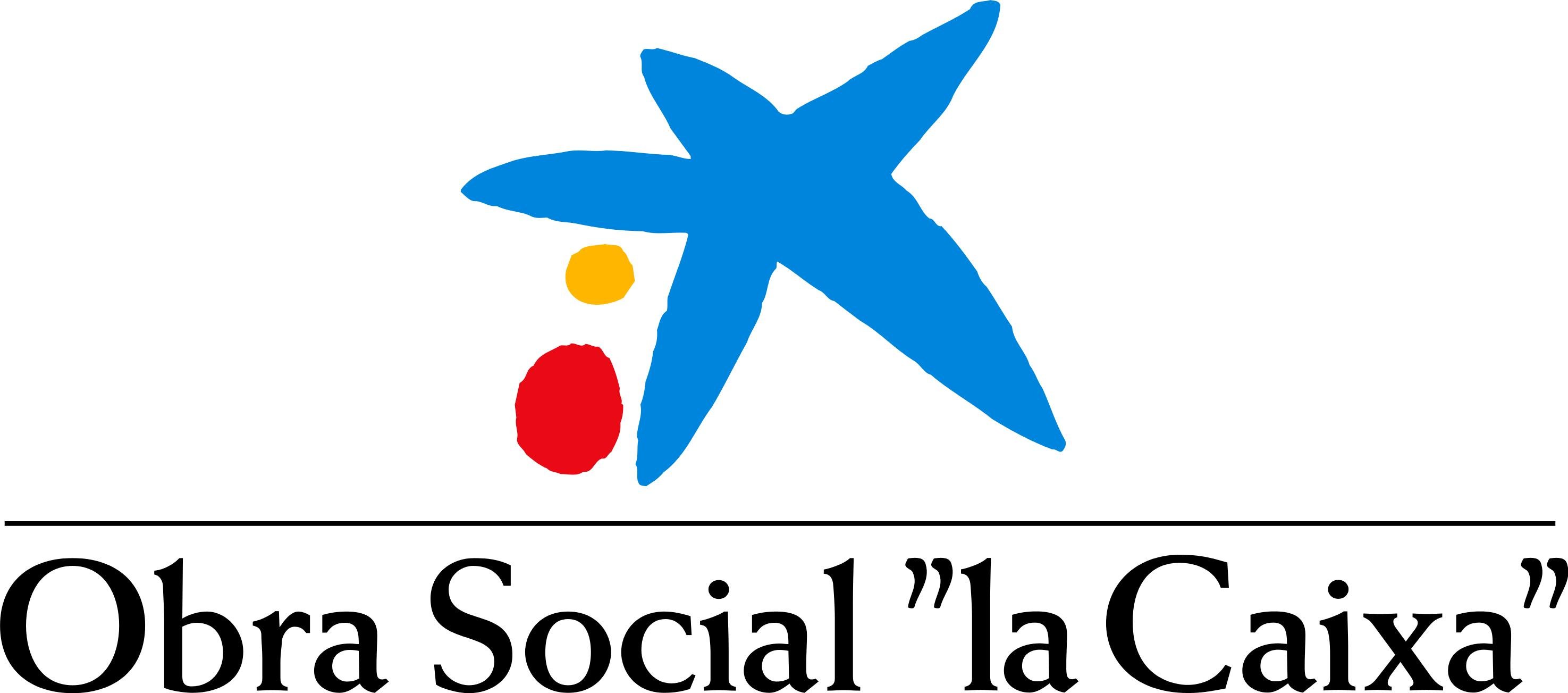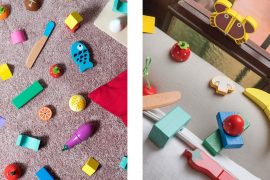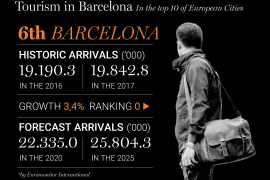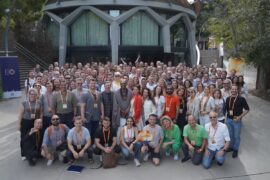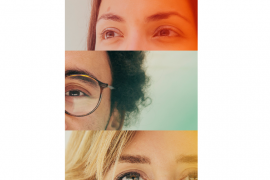When you talk to someone who shows the same fluency in Harvard as in the TV show El Hormiguero and who explains neuroscience quoting the poet Machado, you may suspect that you are in front of a genius. But when you discover that you are helping thousands of people of all ages to improve their brain health, the suspicion becomes conviction: Álvaro Pascual-Leone is making the world a better place through his work at the Barcelona Brain Health Initiative (BBHI), a project by the Institut Guttmann with the support of Obra Social “la Caixa”, and that makes him a scientist that everyone should know. Despite all the recognition he has achieved, he rather remains close to people.
Neurology Professor at the Harvard Medical School, and scientific director of the BBHI. Anything else?
No, that’s long enough.
Why did you become a neurologist?
I was intrigued to find out why humans are the way we are, why we fall in love, why we are passionate about a job… That kind of thing. I thought that the best, then, was to study philosophy, but my parents told me: “Perhaps studying medicine will do, and also will enable you to earn a living”.
And you became a scientist. A humanist scientist
Exactly. Helping people brings me satisfaction.
What led you to create the BBHI?
We, neurologists, need to re-focus. So far, we have developed tools to diagnose and treat neurological diseases, but we have forgotten about prevention! The motivation of the BBHI is to focus on health, not on disease. And to discover which are the markers that characterize a healthy brain.
One of the great discoveries of the project is that having a life purpose is the key to maintaining brain health.
Yes, and the important thing is that your purpose transcends. That is, not “I want to become rich”, but “I want to get rich to give it to my children” or “to give it to the poor and to reduce poverty”.
Ok, without a purpose the brain atrophies. But if after a blank period you find a vital goal again, is the brain damage reversed?
We know that the brain is intrinsically plastic, and that we can guide that plasticity, so it’s never too late. If, for example, a person who just had grandchildren has “reconnected” to life, that will improve their brain functioning and, consequently, their general health.
Mens sana in corpore sano.
And backwards! But let me clarify three things. One, Machado was right, “the end is not the goal, but the road”. First, we are not talking about realizing the purpose, but about conceiving it. Two, the vital purpose can vary, because life changes and the brain too. And three, keeping the brain healthy does not mean prevent it from aging, but make it work in the best way possible at any certain age.
What changes occur in the brain along its aging, that we need to accept?
The connections between neurons become more distant. The bad part of it, is that it’s harder for you to remember concrete things, like this is called a clip. The good news is that then you can think and use that very clip differently from the normal use at the office, or that it can lead you to remember something that happened to you once with a clip. That is, you lose the “close” learning but you get to see what the Americans call “the big picture”.
On your website you show a list of bad habits, in order to maintain brain health: smoking, sleeping poorly, eating sugar or salt… Why don’t you talk about alcohol?
Because there are data that suggest that in small doses it can be good for the heart and the coronary ones and, therefore, for the cerebral flow. We want to study it because it is not clear, yet.
But what you do make clear, is the fact that routine is bad.
To keep a plastic, vibrant and healthy brain you need to offer new challenges to face. For example, to read or talk with people is not a brain challenge for me. One challenge would be… to learn to dance tango. That would certainly activate my brain!
You also recommend caring about interpersonal relationships. Are social networks useful, for this purpose?
Yes. Thanks to the work of many people -like Barabási- we have learned that they have a real impact on the brain. In addition, it will be healthier if we surround ourselves with people who are healthy. With optimistic people we become more optimistic… But that is something we already knew, in Spain, when we say: “Tell me who you are with, and I will tell you who you are”.
Can we know if our brain is well, without using all those cables that you connect to the volunteers of the BBHI?
Honestly, I don’t think so. People can say “you look ok”, but that’s as if you say your car is fine because it speeds 75 mph on the highway, even it can be -at the same time- losing oil and water, and therefore about to stop. There are disabling brain diseases that begin to develop 15 years before the symptoms appear. That’s why you must look “under the hood” to see how your brain is really doing, allowing it to function like that.
Going back to the volunteers. You asked for 3.000 people, but 4.500 have come! Are you still accepting more?
It has been a fantastic response. These things usually take six or seven years, and thanks to the people we have been able to obtain results in a year and a half! But yes, we continue to accept volunteers, who, by the way, learn a lot of things about their brain that are very useful to them.
Do you think that your discoveries are helping our brain to stay healthy?
Yes, that is already happening. Our initiative contemplates studies to become interventions. Because, once you know what to do to be healthy, the challenge is to do it. Repeat individual by individual. And although we cannot have a brain health coach per person -which would be ideal- we can reach everyone by using a technology that is conducted by of a team of professionals. That is feasible, and now constitutes our goal.
Interview: Ana Portolés
Ilustration: David de las Heras
You can read more stories like this on ALMA, the social social media, a digital space devoted to the social field, which brings a new look at the present and the future of society, from an optimistic and diverse point of view, and from all the initiatives that “la Caixa” Foundation promote.

